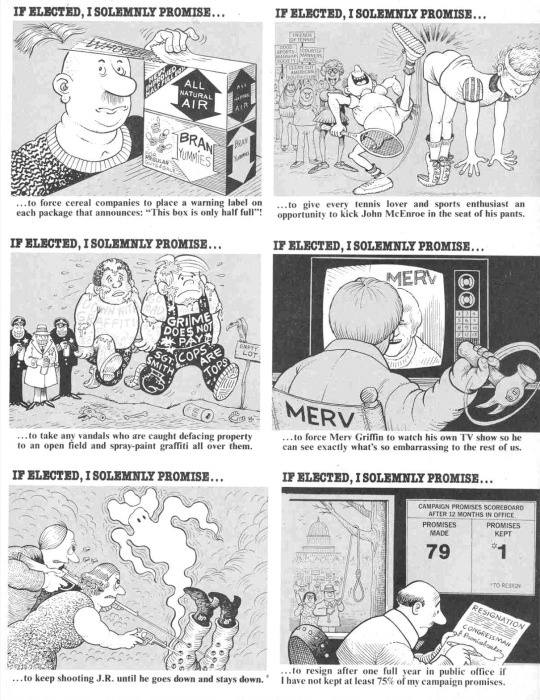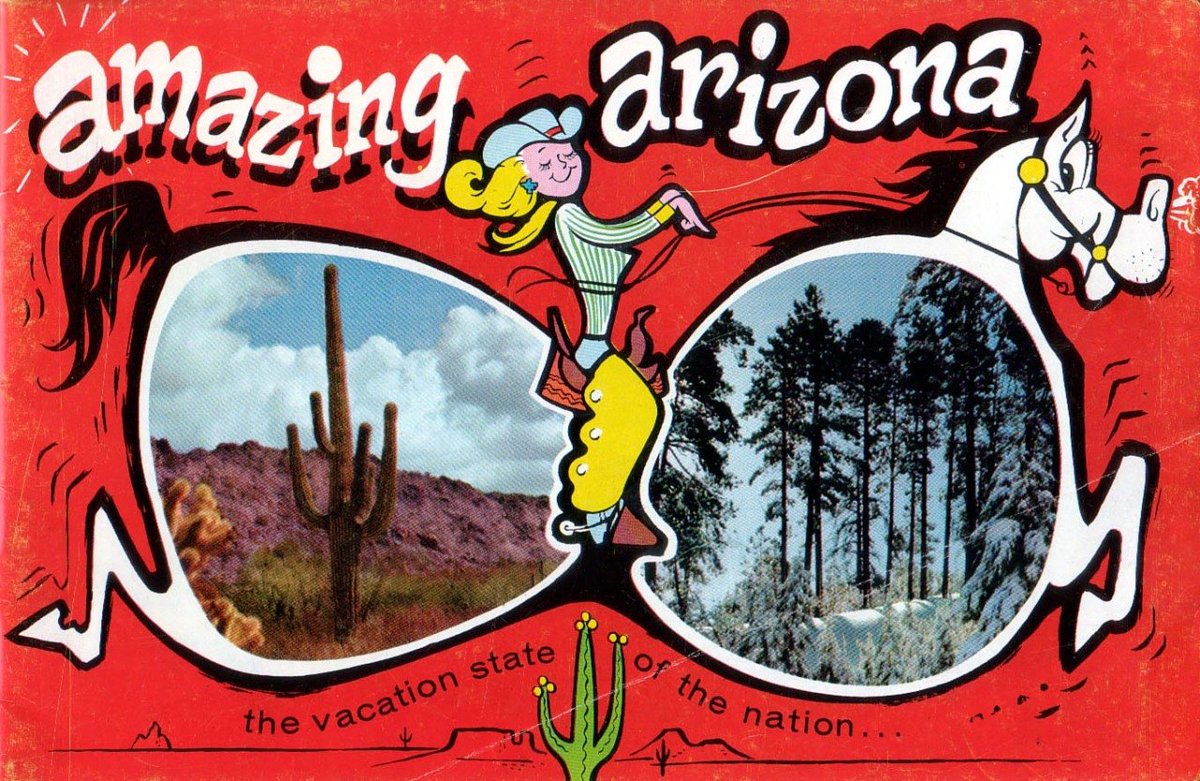
#ObliqueStrategies is @brianeno and Peter Schmidt's deck of 100+ cards, each with a sentence of gnomic advice. They inspired Roxy Music, David Bowie, Talking Heads and Devo. My favorite? "Be the first person to not do something that no one else has ever not done before." 1/ 

If you'd like an essay-formatted version of this thread to read or share, here's a link to it on pluralistic.net, my surveillance-free, ad-free, tracker-free blog:
pluralistic.net/2022/11/08/div… 2/
pluralistic.net/2022/11/08/div… 2/
Why that one? Because it challenges us to imagine how something that we perceive as unitary and indivisible might be decomposed into smaller units. It's a challenge to the notion that one must "take the bad with the good." What if we could just get rid of "the bad?" 3/
Back in 1998, John Kelsey and Bruce Schneier proposed the #StreetPerformerProtocol as a means of funding #nonrivalrous, #nonexcludable projects.
schneier.com/wp-content/upl… 4/
schneier.com/wp-content/upl… 4/
These are things that can be infinitely reproduced at effectively no cost, and whose reproduction can't be easily prevented: things like software and digital books, music, and videos. 5/
As the name implies, the Street Performer Protocol is inspired by the tactics of street jugglers and acrobats, whose work is nonrivalrous (people can watch the performance without impacting others) and nonexcludable (performers can't limit the audience to those who'll pay). 6/
A hypothetical performer draws a crowd with a series of feats of escalating daring and difficulty, building towards a peak. Then the performer halts the show and announces, "You've seen how skilled I am, but you haven't seen my *greatest trick*. 7/
I will perform that trick once there is $50 in my hat. I don't care how many of you pay, and I can't make you pay, and if $50 doesn't land in my hat, I'm going home." 8/
The Street Performer Protocol is a digital version of this. After producing a bunch of work to attract an audience, a creator announces, "I have some very ambitious song or book or movie I'd like to make. 9/
"I will make it once there is $1000 in this escrow account, and then release it for all to enjoy. You know I won't run away with this cash because it's being held by a trusted third party until I deliver it." 10/
The Street Performer Protocol arrived at the dawn on the copyright wars (it came out a year before Napster), and in the years that followed, lots of people tried to create a functional Street Performer Protocol service. 11/
These all foundered on the same point: the escrow account. A creator who raised $1000 to (say) write a book needed that $1000 to pay their rent while their wrote, but they only got it *after* they were finished. 12/
The escrow account was deemed necessary to prevent scammers from poisoning the well: if funders were convinced that putting up money for a project would mostly enrich con-artists, then legitimate creators wouldn't be able to attract funders. 13/
This was a deadlock. Escrow and crowdfunding were inseparable. Doing one without the other courted disaster. 14/
Then, 11 years after the Street Performer Protocol was proposed, three technologists tried being "the first person to not do what no one else had ever tried not doing."
They founded @kickstarter. Kickstarter is a Street Performer Protocol without escrow. 15/
They founded @kickstarter. Kickstarter is a Street Performer Protocol without escrow. 15/
Once a project reaches its funding goal, the founder is guaranteed their payout. This meant that a lot of projects raised a lot of money and then never delivered, either because they were run by con artists or by unrealistic dreamers. 16/
Kickstarter was a bet that the excitement at the projects that *did* happen would outweigh the disappointment and anger at the projects that didn't. 17/
Instead of escrowing funds until delivery, they escrowed them until a funding threshold was met - if you said you needed $50k to make a short film and your backers only pledged $2k, you got nothing. 18/
Once Kickstarter showed that the indivisible prix fixe Street Performer Protocol could be decomposed into an a la carte menu, rivals sprang up to see what else they could remove. @Indiegogo took away the threshold escrow - no matter how much you raised, you got paid. 19/
.@Patreon created rolling pledges, first based on the number of works you produced, then on a monthly schedule.
It's business-model Jenga: removing one block at a time until the system collapses. 20/
It's business-model Jenga: removing one block at a time until the system collapses. 20/
Removing too many blocks produces hardship and misery (cough Pledgemusic cough). But the insistence that *no* blocks can be removed leads to stalemate - the decade-plus interregnum between the Street Performer Protocol paper and Kickstarter. 21/
Even better than *businesses* "not doing the thing that no one has ever tried not doing before" is when *people* don't do "the thing that no one has ever tried not doing before." 22/
Remember pop-up ads? Once upon a time, most web-pages spawned whole flocks of pop-up ads, each more obnoxious than the rest. Some popups were one pixel by one pixel, others ran away from your cursor, others autoplayed music. Some did all three! 23/
How did we get rid of pop-ups? It wasn't by banning them - it was by *blocking* them. Browser vendors sought out competitive advantages by adding pop-up blocking to their offerings: first Opera, then Mozilla, and, finally, Internet Explorer. 24/
There was a period of skirmishing here, where pop-up designers created anti-block pop-ups that circumvented the blockers, but eventually they threw in the towel. 25/
Your current browser probably has a pop-up blocker enabled by default, but if you turn it off, you won't be inundated with pop-ups. They're gone.
Once advertisers realized that most users wouldn't *see* pop-ups, they stopped demanding that publishers *include* pop-ups. 26/
Once advertisers realized that most users wouldn't *see* pop-ups, they stopped demanding that publishers *include* pop-ups. 26/
Web users, collaborating with browser designers, killed pop-ups more thoroughly than any regulation could have. Rather than banning pop-ups they hunted them to extinction. 27/
Today, pop-up blockers have been replaced by ad-blockers, which a quarter of internet users have installed (@dsearls calls it "the biggest boycott in human history"). As with pop-ups, internet users are removing the ad Jenga block:
web.archive.org/web/2018092322… 28/
web.archive.org/web/2018092322… 28/
And, as with crowdfunding, different actors are removing different blocks. @Privacybadger, a project from @EFF, doesn't block *ads*, but it does block *trackers*.
privacybadger.org 29/
privacybadger.org 29/
Proponents of commercial surveillance like to call their products a bargain: "in exchange for this much website, we take this much privacy." 30/
But it's a curious kind of bargain: visiting a website is like walking into a store where the merchant gets to take as much money out of your wallet as they like, without telling you in advance, and never has to give it back. 31/
Ad- and tracker-blocking can be thought of as a means of bargaining back. When the website says, "To see this content, you must give us all your privacy," blockers let you respond: "How about 'Nah'?"
eff.org/deeplinks/2019… 32/
eff.org/deeplinks/2019… 32/
Tech platforms don't like this bargaining, of course, but they couch their objections in the language of *impossibility*, not *choice*. 33/
When we say, "Give us a search-engine that doesn't spy on us," Google responds by saying that this is *inconceivable*, like asking for a way to go for a swim without getting wet. 34/
But it's obviously possible to run a non-surveilling search-engine. We know that because Google only started spying on us in 2004, six years after its founding and long after it became the most used search engine online:
evgenverzun.com/google-and-use… 35/
evgenverzun.com/google-and-use… 35/
No one came down off a mountaintop, intoning "Larry! Sergey! Thou shalt stop rotating thine logfiles and begin mining them for actionable intelligence." Spying was a late-breaking addition to Google Search, and what can be added can be removed. 36/
Likewise Facebook. This is mostly forgotten, but until 2008, Facebook billed itself as a privacy-friendly alternative to MySpace, promising it wouldn't spy on users, as chronicled in @DinaSrinivasan's must-read "The Antitrust Case Against Facebook":
lawcat.berkeley.edu/record/1128876… 37/
lawcat.berkeley.edu/record/1128876… 37/
Today, Facebook would like us to think that there is no way to talk to your friends without also letting Mark Zuckerberg peel you open from asshole to appetite. It's bullshit. Web publishing doesn't require pop-ups. 38/
Social media doesn't require surveillance. These are choices, not foundations.
With both Facebook and Twitter failing, we're at a crossroads. 39/
With both Facebook and Twitter failing, we're at a crossroads. 39/
We're being told that we can't get the benefits they delivered - the friendships, debates, transactions, support, and connection - without the increasingly desperate anti-features they're trying to cram down our throats:
doctorow.medium.com/how-to-leave-d… 40/
doctorow.medium.com/how-to-leave-d… 40/
But a Facebook that you can leave behind without losing contact with your friends isn't just a fantasy - it's a technical possibility. 41/
Regulators could force Facebook to expose an API to the Fediverse so you could leave the platform but still connect with the people who want to connect with you:
eff.org/interoperablef… 42/
eff.org/interoperablef… 42/
Or reverse-engineering guerrilla hackers could accomplish the same thing with bots and scrapers and alternative clients (AKA #AdversarialInteroperability or #CompetitiveCompatbility or #ComCom):
eff.org/deeplinks/2019… 43/
eff.org/deeplinks/2019… 43/
Or we could do both.
Elon Musk claims absolute dominion over Twitter. That's only true to the extent that the courts let him exclude rivals who create interoperable add-ons that let you alter the service to suit your needs. 44/
Elon Musk claims absolute dominion over Twitter. That's only true to the extent that the courts let him exclude rivals who create interoperable add-ons that let you alter the service to suit your needs. 44/
Or to the extent that regulators choose not to order the service to expose APIs to make life better for users.
We don't have to give up Twitter, nor do we have to remain on Musk's terms. 45/
We don't have to give up Twitter, nor do we have to remain on Musk's terms. 45/
As Skylar Hill writes, we can embrace "the anarchist philosophy of dual power; do the work to build better systems while the old ones still dominate, and it'll be there for folks when the bad system finally collapses."
mamot.fr/web/@stellarsk… 46/
mamot.fr/web/@stellarsk… 46/
For decades, clueless lawmakers have made stupid demands of tech companies For example:
* Create an encryption system that works when criminals are trying to steal your data, but stops working when cops want to execute a search-warrant, or 47/
* Create an encryption system that works when criminals are trying to steal your data, but stops working when cops want to execute a search-warrant, or 47/
* Create a copyright filter that automatically blocks infringement but not parody, fair use, or other legitimate activities.
When technologists insisted that these were impossible, the clueless lawmakers doubled down, shouting "NERD HARDER, NERDS!" 48/
When technologists insisted that these were impossible, the clueless lawmakers doubled down, shouting "NERD HARDER, NERDS!" 48/
Today, tech barons are weaponizing these moments of idiocy by insisting that demands for privacy and interoperability are no different from the demands for working encryption with police backdoors. Don't be fooled. 49/
Just because *some* demands are absurd, it doesn't follow that *all* demands are absurd.
We can - we must - be the first ones to not do what no one else has ever thought of not doing before. 50/
We can - we must - be the first ones to not do what no one else has ever thought of not doing before. 50/
• • •
Missing some Tweet in this thread? You can try to
force a refresh























